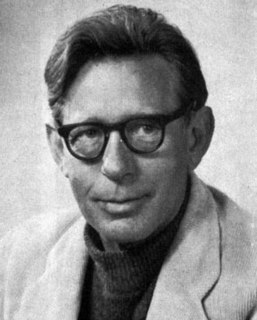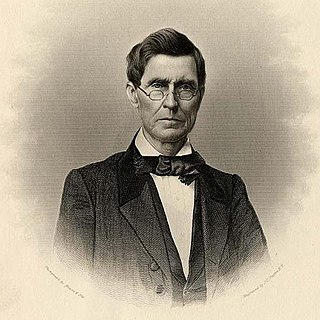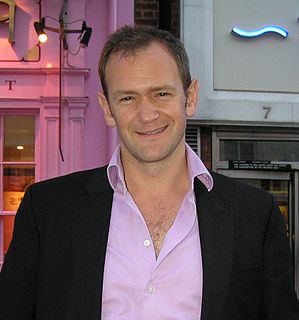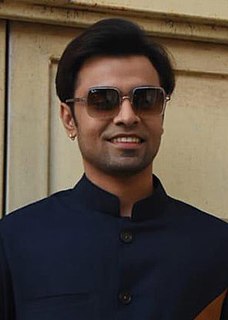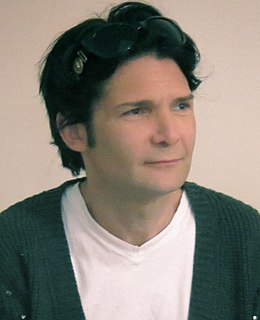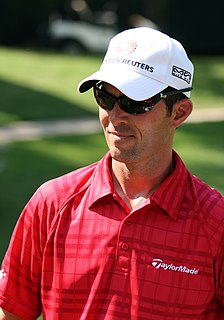A Quote by Laurie Lee
I was set down from the carrier's cart at the age of three; and there with a sense of bewilderment and terror my life in the village began.
Related Quotes
At any rate, that’s how I started running. Thirty three—that’s how old I was then. Still young enough, though no longer a young man. The age that Jesus Christ died. The age that Scott Fitzgerald started to go downhill. That age may be a kind of crossroads in life. That was the age when I began my life as a runner, and it was my belated, but real, starting point as a novelist.
As a boy, I once saw a cart of melons that sorely tempted me. I sneaked up to the cart and stole a melon. I went into the alley to devour it, but no sooner had I set my teeth into it, than I paused, a strange feeling coming over me. I came to a quick conclusion. Firmly, I walked up to that cart, replaced the melon - and took a ripe one.
I used to live in a village, and I always loved listening to old people. Unfortunately, it was always women who were talking, because after the war, very few men were around. I spent my entire life living in the village. The village is always talking about itself; people are talking to each other as the village makes sense of itself.
I enjoy worldbuilding very much. I generally start with an approximation. With 'Flesh and Spirit' and 'Breath and Bone,' because I was thinking of a world on the brink of a dark age, I began with the sense of Roman Britain. But I purposely set the geography to match something other than Britain - which has been overdone.
There has never been a greater illusion than fear. Fear exists only whilst you believe
in it - whilst you fear it. So...stop believing, stop fearing. Set up a shadow inventory,
write down all your fears and set out on your warrior path. Make this your life purpose
and gold will be smelt from your terror.
